suicide
Latest
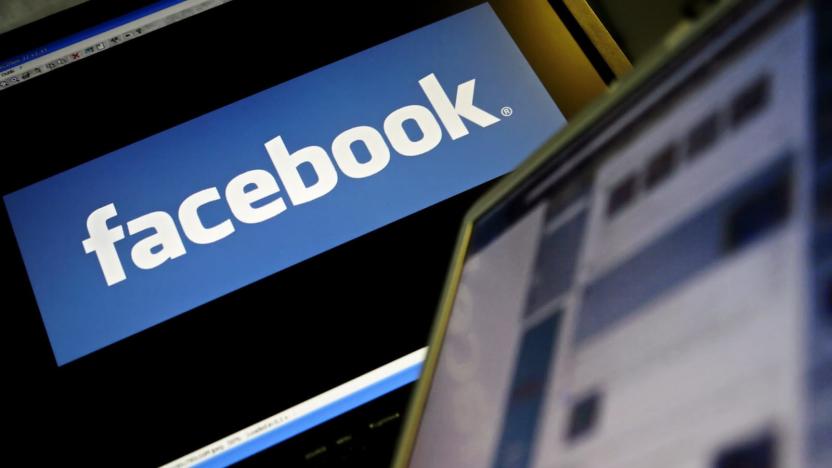
Facebook starts global rollout of its AI suicide prevention tools
Facebook is expanding its limited test run for suicide- and -self-harm reporting tools to the masses. To get better at detection the social network will begin implementing pattern recognition for posts and Live videos to detect when someone could be presenting suicidal thoughts. From there, VP of product management Guy Rosen writes that the social network will also concentrate efforts to improve alerting first responders when the need arises. Facebook will also have more humans looking at posts flagged by its algorithms.

An algorithm could identify suicidal feelings based on brain scans
It's difficult to identify whether or not someone is feeling suicidal by asking. According to studies, roughly 80 percent of those who go through with the act denied feeling suicidal the last time they spoke to a mental health care expert. However, AI-related technology -- which is also being applied to things like spotting cancerous cells -- might offer a way to identify these thoughts and prompt a timely intervention. Researchers have developed a machine learning algorithm that identifies suicidal tendencies based on activity in specific brain regions.
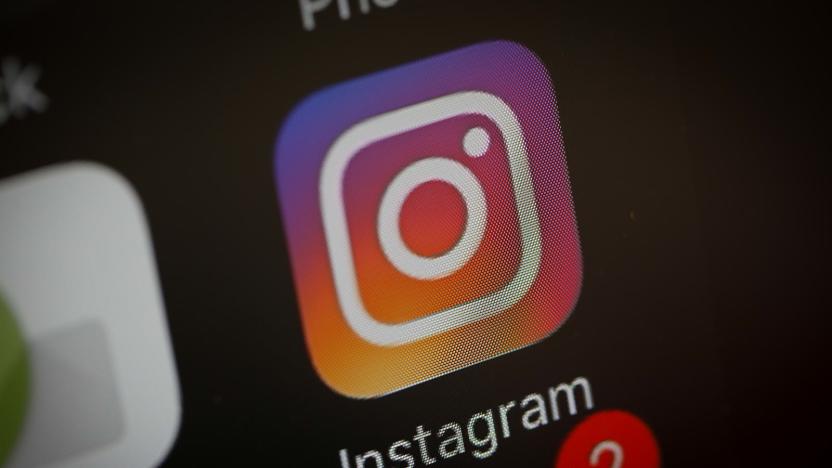
Instagram moves beyond its all-or-nothing approach to comments
Instagram already has tools to filter your comments, but sometimes that's just not enough. What if you're tired of comment spam, or just don't like that creep who tries to flirt with you on every post? You can finally do something about it outside of reporting individual users. Instagram is rolling out comment tools that give you tight control over who can leave feedback on your photos and videos. So long as your account is public, you can set broad controls (such as limiting comments to people you follow). And even if your account is private, you can block specific users.

Michelle Carter gets 15 months in prison in texting suicide case
Back in June, a Massachusetts Juvenile Court found Michelle Carter guilty of manslaughter for urging her then-boyfriend to kill himself back in 2014. Today, her sentence came down: Of the maximum 20-year prison sentence she faced, Carter will serve 15 months behind bars, with the remainder of the 2.5-year sentence suspended. She will also get five years probation. Carter will remain free as her appeal to the conviction is still pending.

Death by text: How the Michelle Carter case will impact free speech
Words can kill, a Massachusetts Juvenile Court judge decided last Friday, when he found 20-year old Michelle Carter guilty of involuntary manslaughter in the 2014 suicide of her then-boyfriend, Conrad Roy III. This decision, with its broad interpretation of the manslaughter statute, could potentially pose long-lasting consequences for how we speak to each other online and how cyberbullying is addressed by social media platforms.
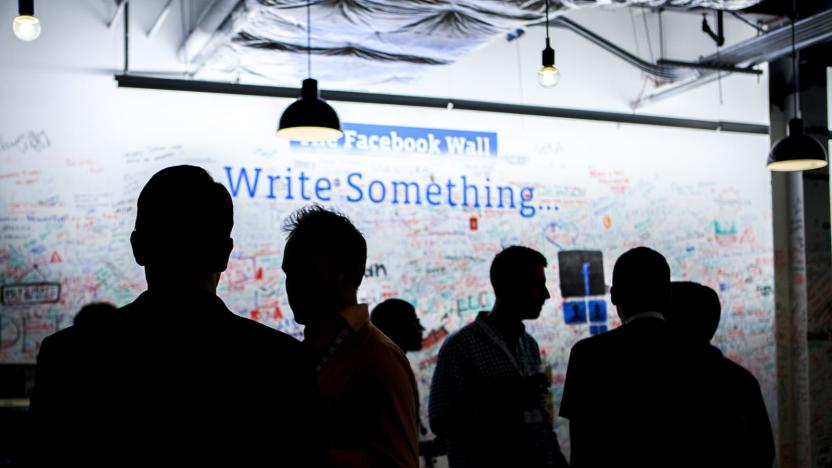
Leak reveals Facebook's rules for controversial content
It's no secret that Facebook's judgment calls on risky content are sometimes more than a little problematic. But just what are the rules guiding those decisions? You'll know after today. The Guardian has obtained leaked copies of over 100 internal documents outlining Facebook's rules for handling sensitive content, and it's clear that the social network is struggling to walk a fine line between freedom of expression and protecting users. At least some of it is understandable, but there are areas where its decision-making might rub you the wrong way.

Netflix renews controversial '13 Reasons Why' for second season
Netflix's 13 Reasons Why has drawn plenty of attention, and not necessarily for good reasons. Critics, mental health experts and politicians have attacked it for its portrayals of suicide, bullying and sexual assault. However, Netflix is apparently willing to push forward -- the streaming service has renewed 13 Reasons Why for a second season. It's too early for a release date or plot, but the new episodes will be venturing into uncharted territory given that the first run ends where the original novel does.

Facebook will hire 3,000 moderators to tackle livestreamed violence
Following a spate of suicides and murders that were streamed or hosted on Facebook for hours before they were taken down, Mark Zuckerberg has announced that the company will be hiring an additional 3,000 people to its global community operations team over the next year. That will bring the total size of the department to 7,500, and the manpower will be dedicated to reviewing "the millions of reports we get every week, and improv(ing) the process for doing it quickly."

Netflix gives controversial '13 Reasons Why' series more viewer warnings
There's not a more controversial series on TV right now than 13 Reasons Why, the Netflix original which centers around bullying, rape and youth suicide. While the show has been rated for mature audiences (TV-MA) since its debut on March 31st, Netflix has been criticized for only placing graphic content warnings on a few episodes, namely those that contained sexual abuse and suicide scenes. But, amid backlash from mental health organizations and even lawmakers in some countries, the streaming service is adding more content warnings to its series.
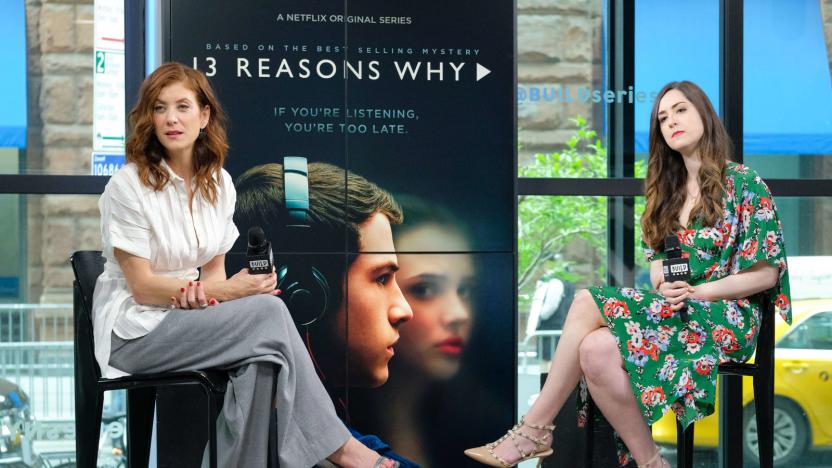
Cyberbullying nets '13 Reasons Why' mature rating in New Zealand
New Zealand has come out hard in its opposition to Netflix's series 13 Reasons Why. The high-school-focused show centering on a girl's suicide and its aftermath already has content warnings ahead of certain episodes, but a recent edict by New Zealand's Office of Film & Literature Classification rules that Netflix "will now be required to display a clear warning in respect to the series, as well as in respect to each episode." This comes after the country's 2015 ruling that makes cyberbullying a punishable offense. Furthermore, the series has received the region's first-ever RP18 rating, which means unless viewers are 18 or older, they should watch the show with an adult.

Facebook testing AI that helps spot suicidal users
Facebook has unveiled new tools to help prevent suicides, pointing out that they happen every 40 seconds worldwide and are the second leading cause of death for young people. While it already has self-harm prevention features, they rely on users to spot and report friends' problematic posts. Now, the company is testing AI tech that can detect comments that are "likely to include thoughts of suicide." They can then be checked by the company's Community Operations teams, opening up a new way for troubled users to get help.

Instagram introduces new suicide prevention tools
If a friend is having a hard time or even in danger of hurting themselves, sometimes the first warning signs appear in social media. Instagram can now help you intervene anonymously with some new support options. If you report a post that worries you, your friend will get a message saying, "someone saw one of your posts and thinks you might be going through a difficult time. If you need support, we'd like to help." They'll then get the option to talk to a friend, contact a helpline or receive tips and support.

Facebook opens suicide prevention tools to everyone
That emo Facebook update your friend posted may be a passing bout of frustration, or it may be a sign of something deeper. If you suspect your connections of having suicidal thoughts and want to help, but don't feel equipped to reach out, a tool from the social network is now available to everyone, making it easier to show concern.

French authorities investigate suicide broadcast via Periscope
In another intersection of internet livestreaming and tragedy, French police are investigating the suicide of a teenager that was apparently broadcast on Periscope. The New York Times reports that a 19 year-old woman threw herself in front of a train at the Égly station (25 miles south of Paris) Tuesday afternoon, at the end of five streaming sessions totaling nearly two hours. French paper Metro says she told viewers they would "see something" around 4PM. During the broadcasts, a viewer asked if she was going to kill herself, and she responded "No," but also said nothing could make her get up in the morning. Prosecutor Éric Lallement said in a statement that she sent a text to a close friend, saying that her actions came as a result of evil, in the form of violence and rape, inflicted upon her by an ex-boyfriend.
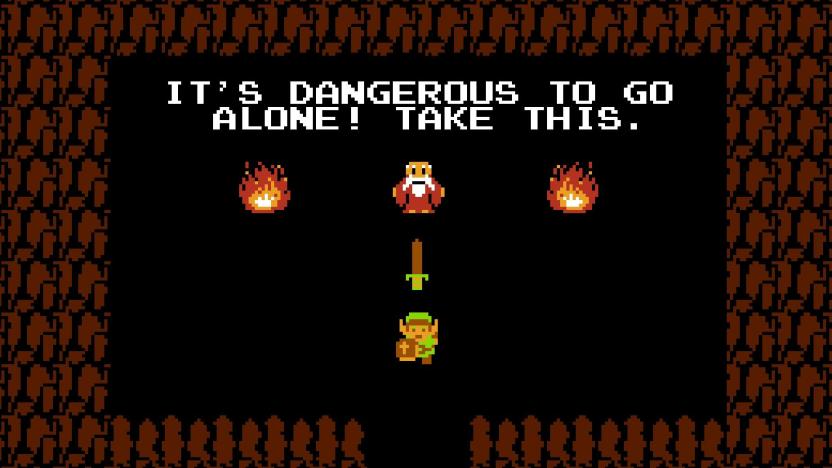
Fighting depression in the video game world, one AFK at a time
Matt Hughes took his own life in the fall of 2012. He was a freelance reporter covering the video game industry, and before he committed suicide, he sent emails to some of his editors, noting that he wouldn't be able to turn in more stories for one simple reason: He'd be dead. His suicide surprised nearly everyone who worked with him. Speaking with Kotaku days after Hughes' death, his former editors said things like There weren't any red flags and This was a complete shock. Hughes wasn't the only person in the video game industry to take his own life that year, and as the tragedies piled up, it became impossible to ignore their commonalities. Complete surprise. No one knew. She seemed fine. For Russ Pitts and Susan Arendt, two editors who had worked with Hughes and regularly interacted with dozens of other freelance reporters, these suicides were more than a shock. They were a wakeup call.

Facebook makes it easier for Brits to report suicidal posts
Facebook users can share almost anything on the social network, from interesting news stories to silly GIFs, and sometimes their darkest thoughts. For several years, Facebook has offered concerned friends a way to flag posts that indicate suicidal moods or the potential for self-harm, via a clunky web form. The platform vastly improved on this last year by adding the flagging mechanism to the existing "Report Post" menu (accessible in the drop-down at the top right corner of any post). The new reporting tool debuted in the US originally and after being rolled out in Australia a few months ago, is now available to UK users.

I watched someone commit suicide in VR and it freaked me out
This wasn't how it was supposed to go. I was standing on a junkyard hovercraft, pointing my revolver at the young lady floating on the adjacent skiff. She was my enemy, but I couldn't pull the trigger. Her hand hovered between us, waving back and forth in the universal sign for "stop." Her gun aimed away from me, its barrel touching her temple. I lowered my weapon. She pulled the trigger anyway. In the world of Hover Junkers, a virtual reality game where scavengers wage war over scrap metal and resources, I was a killer -- that's my role -- but nobody ever said anything about suicide.

I lost my friend, but his voice and music live on in my game
The desert shouldn't exist. At the very least, people shouldn't live there. We did, only not by choice. When I decided to develop a virtual reality game based on my simultaneous repulsion and nostalgia for my hometown of Dewey, Arizona, I asked my friend and business partner Cody to score it. Cody and I met almost 10 years ago as young, bored kids who shared a love for punk and hardcore music; kids who also shared a mutual disdain for our desert roots. While I eventually escaped Arizona, moving to California for college and finding an outlet in art, Cody stayed in Phoenix, becoming a fixture in the local music scene, and blossoming into a writer, poet and killer guitar player. I knew he would be the perfect person to make sense of it all: the desolate landscape, the hilarious rednecks, the ramshackle towns and the searing heat. I was ecstatic when he agreed and couldn't wait to get started.
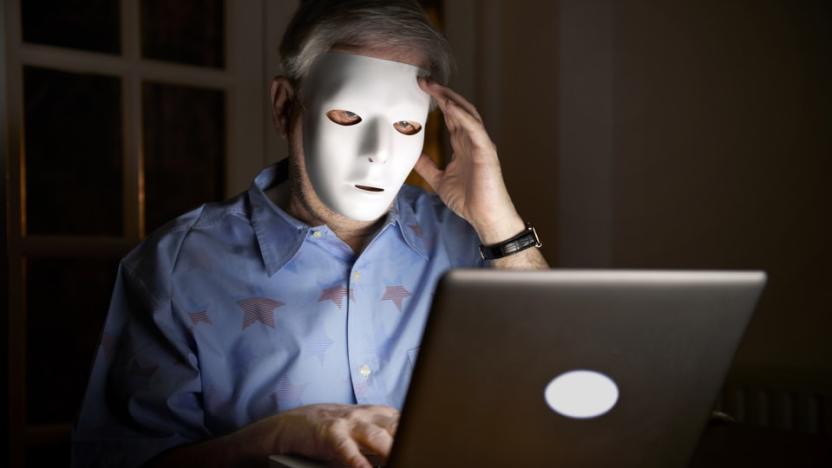
New Zealand makes cyberbullying a crime
New Zealand has passed a law that criminalizes one of the least desirable facets of the internet: cyberbullying. The legislation effectively prohibits sending messages to people that are racist, sexist, critical of their religion, sexuality or disability. The rest for determining harm will be if these communications were designed to cause "serious emotional distress," and if a person is found guilty, could face up to two years in jail. In addition, the bill creates a separate crime of incitement to suicide, which will see a person jailed for up to three years if they are found to be encouraging such an act.

Suicide hoax lands Facebook user in psychiatric institution
A user from California recently put Facebook's suicide prevention feature to test. According to a report, Shane Tusch shared his frustrations about his bank on the social network and posted a fake-threat to hang himself from the Golden Gate Bridge. A reader swiftly reported his post. As per the prevention service update last month, Facebook locked Tusch out of his account. He should have been in conversation with a crisis worker soon after, but instead he was arrested and placed in a psychiatric institution for a total of 70 hours.













